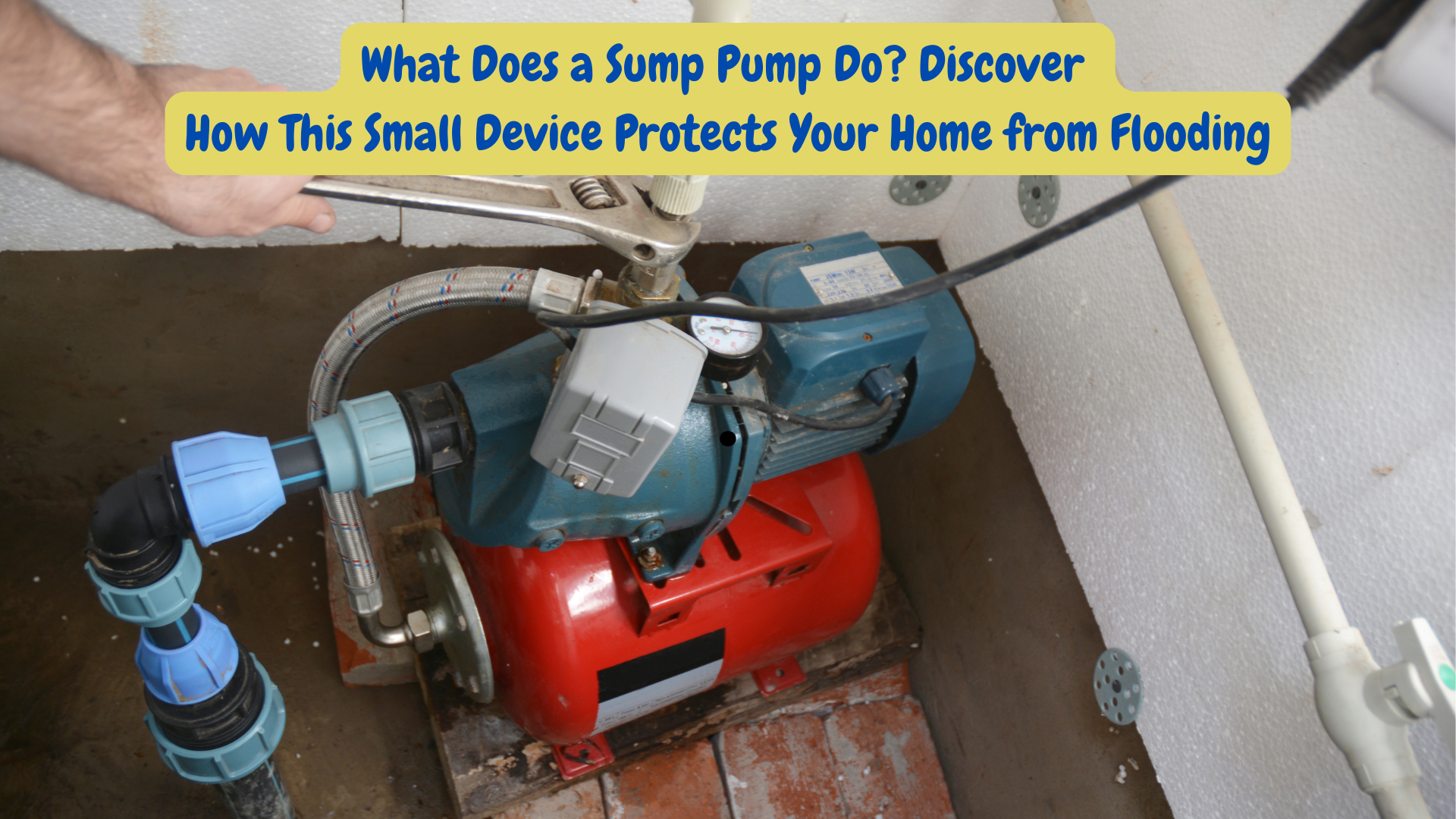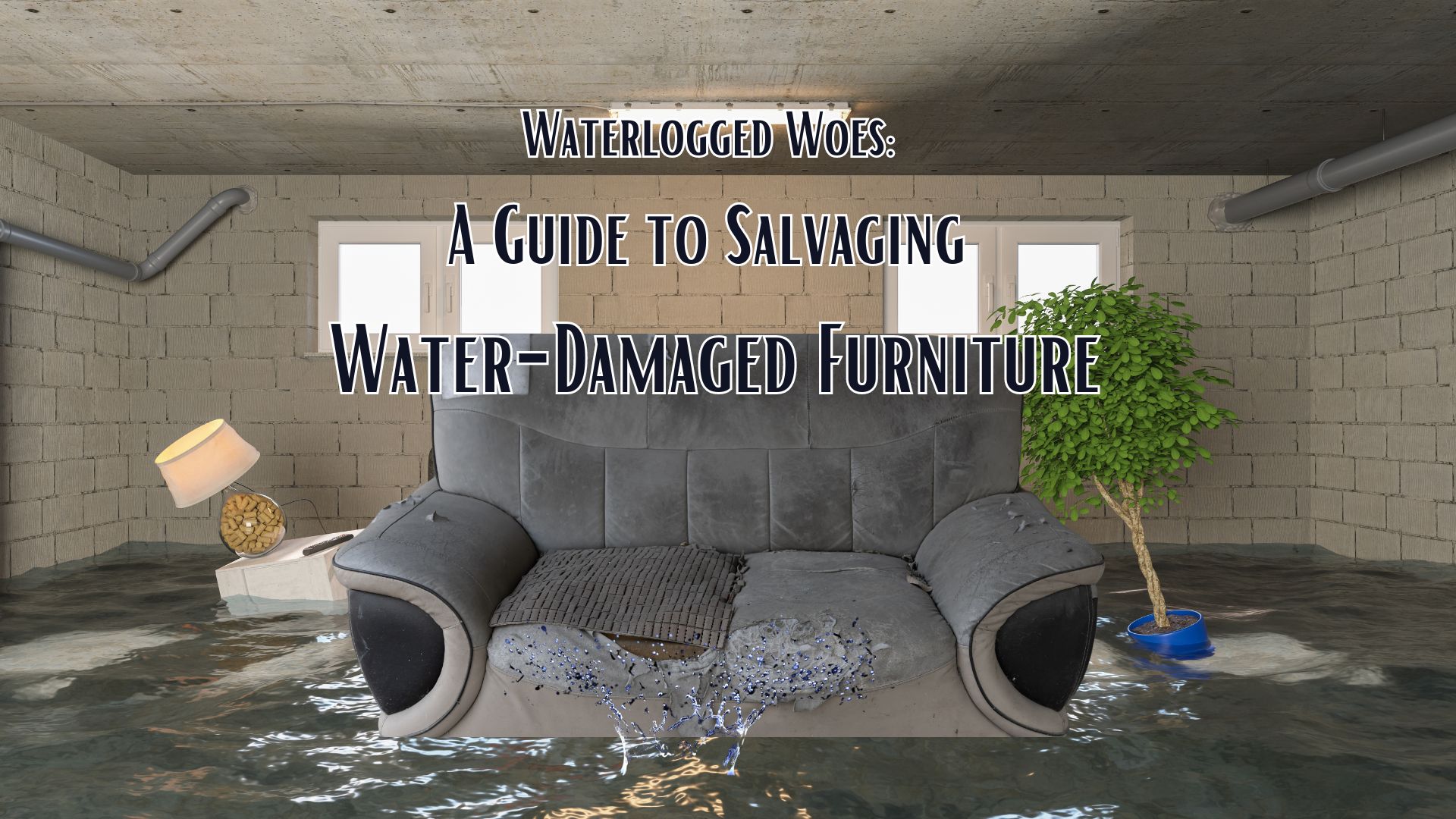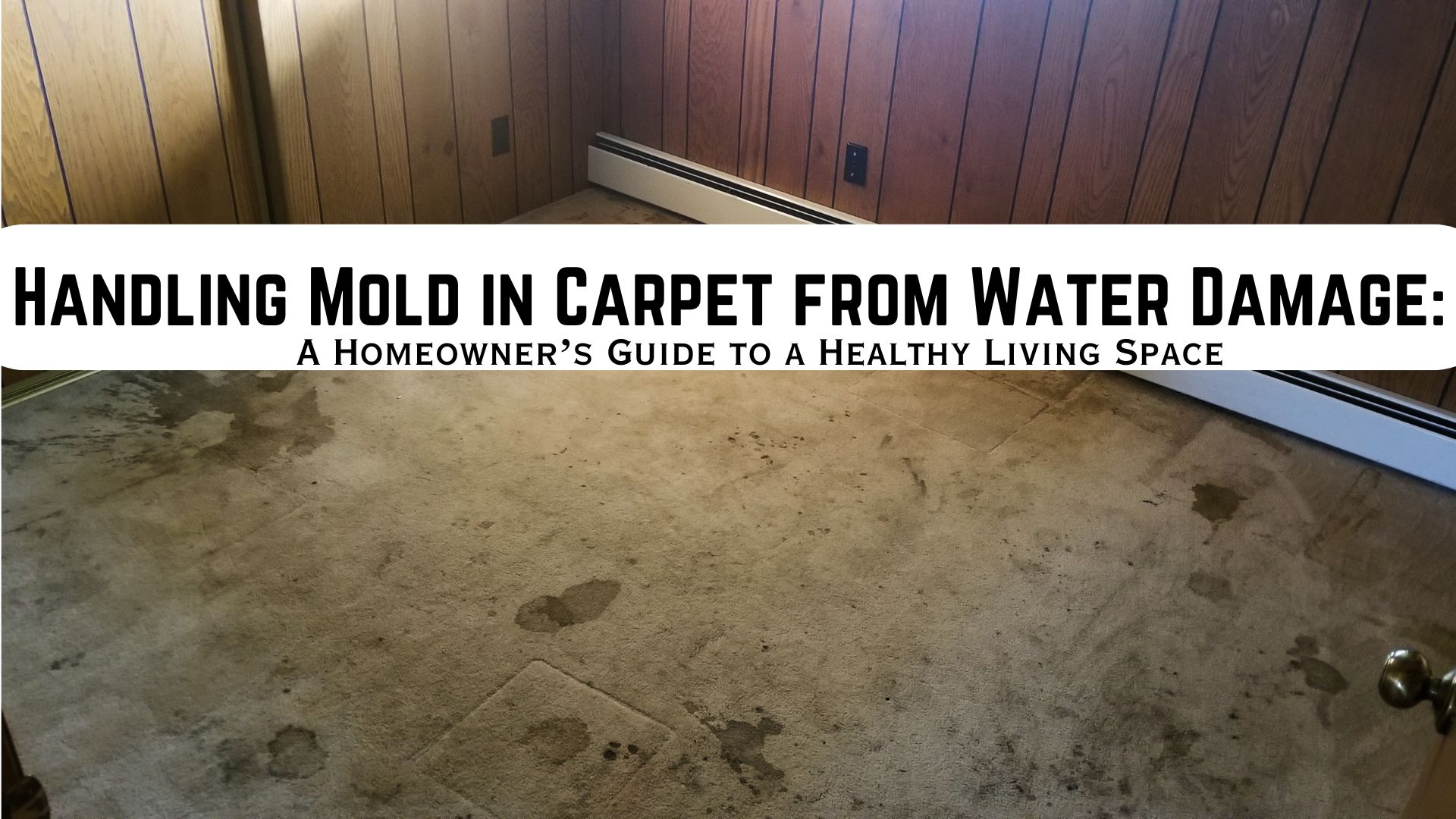
Winter can be a beautiful season, but it can also bring a host of household problems, especially in cold areas. We’ll be discussing a common household issue that many of us have experienced during the winter months: why do pipes burst in winter? As temperatures drop, the water inside pipes can freeze and expand, putting pressure on the walls of the pipes. This pressure can cause the pipes to burst, leading to costly and frustrating water damage in our homes.
You may ask: why does this happen and what can we do to prevent it? Let’s dive into the science behind frozen pipes and explore some tips for keeping them intact during the winter season.
Why Do Pipes Burst in Winter?
Water pipes can burst in winter due to a combination of several factors. The main cause is the freezing of water inside the pipes due to cold temperatures. When water freezes, it expands and puts pressure on the walls of the pipe, which can cause it to crack or burst. Pipes that are located in unheated areas, such as crawl spaces or outside walls, are more susceptible to freezing and bursting than those in warm air spaces.
Other factors that can contribute to burst water pipes in winter include a lack of insulation around pipes, inadequate heating in the home, and poorly maintained or damaged pipes. Additionally, if water is left standing in pipes for an extended period of time, it can freeze and cause pressure buildup, which can lead to burst water pipes.
The Science Behind Frozen Pipes
Water freezes at 32 degrees Fahrenheit (0 degrees Celsius), and when this happens inside a water pipe, it can cause the water to expand and put pressure on the walls of the pipe. This increased pressure can cause the pipe to crack or burst, leading to water damage in our homes. Pipes that are exposed to cold air, such as those in crawl spaces or outside walls, are more susceptible to freezing and bursting than pipes that are located in warm air spaces.
Preventing Frozen Pipes
Prevention is key when it comes to avoiding burst water pipes in cold weather. Here are some tips to keep your water pipes from freezing:
- Keep your home warm: Make sure your home is heated to a temperature of at least 55 degrees Fahrenheit (12 degrees Celsius) to keep the pipes from freezing.
- Insulate exposed pipes: Pipes that are located in unheated areas or outside walls should be insulated with foam pipe sleeves or heat tape to keep them warm.
- Shut off the water: If you’re going to be away from your home for an extended period of time, shut off the water and drain the pipes to prevent water from freezing and causing damage.
- Keep water moving: Letting water drip from faucets during freezing temperatures can help prevent pipes from freezing by keeping the water moving.
- Repair sleeves: If you have a damaged pipe or suspect a potential issue, you can use a repair sleeve to help prevent a burst water pipe.
What to Do if Your Pipes Burst
Even with preventative measures, burst water pipes can still happen. If you discover a burst pipe, it’s essential to act quickly to minimize water damage. Shut off the water supply to your home and call a plumber to repair the damaged pipe. Depending on the extent of the damage, you may also need to contact a professional water damage restoration company to assess and repair any water damage that may have occurred.
Why Do Pipes Burst in Winter? Solve Water Damage Issues With Superior Restoration
Burst water pipes are a common problem during cold weather, but they can be prevented with proper insulation and preventative measures. Remember to act quickly if you discover a burst pipe, and always seek professional assistance if you’re unsure about how to handle the situation.
Why do pipes burst in winter? Get help from one trusted company, Water Damage Temecula. We’ll be serving your property, both residential and commercial, round the clock. We provide emergency water damage restoration, mold and mildew restoration, and fire damage services.



